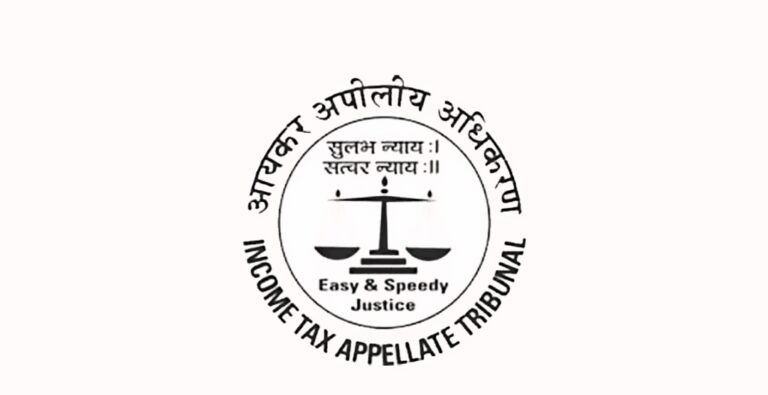In a significant ruling, the Delhi ITAT has quashed a reassessment initiated under Section 148 of the Income-tax Act after finding that approval under Section 151 was granted by the Commissioner instead of the Joint Commissioner — the competent authority under the law. The Tribunal reaffirmed that procedural compliance under Section 151 is mandatory and not a mere formality.
Background of the Case
The Assessing Officer (AO) issued a notice under Section 148, alleging that income had escaped assessment. Under Section 151 of the Income-tax Act, prior sanction from the “specified authority” is required before such a notice can be issued.
In this case, the AO obtained approval from the Commissioner of Income-tax, even though the Joint Commissioner of Income-tax was the designated authority as per the statute and CBDT’s administrative instructions.
The taxpayer challenged the reassessment proceedings, arguing that the entire process was void since the approval was obtained from an unauthorized officer.
Tribunal’s Observations
After reviewing the records, the Delhi ITAT noted that the sanction obtained from the Commissioner was not legally valid, as the statute expressly specifies that approval must come from the Joint Commissioner.
The Bench observed that:
- The sanction under Section 151 is a jurisdictional safeguard, not a procedural irregularity.
- Approval by a non-competent authority renders the entire reassessment process invalid.
- Such a defect cannot be cured under Sections 292B or 292BB of the Income-tax Act.
Consequently, the Tribunal held that the notice issued under Section 148 and all subsequent reassessment proceedings were void ab initio and liable to be quashed.
Key Takeaways for Taxpayers and Practitioners
- Check the approval chain: Before accepting the validity of a reassessment notice, confirm that approval under Section 151 was granted by the correct authority — Joint Commissioner or Additional Commissioner, as applicable.
- Jurisdictional error is fatal: Any defect in obtaining approval from the prescribed authority invalidates the entire reassessment.
- Section 151 compliance is mandatory: This provision ensures checks and balances against arbitrary reopening of assessments.
Practical Implications
The decision strengthens the procedural protections built into the Income-tax Act. It underscores that reassessment proceedings cannot be initiated casually — every procedural step must strictly comply with statutory mandates.
Taxpayers facing reassessment can rely on this ruling to challenge notices that lack proper authorization or where approval was obtained from an incorrect authority.
🔖 Conclusion
The Delhi ITAT’s ruling reaffirms that approvals under Section 151 are jurisdictional prerequisites and not mere formalities. A reassessment notice issued without sanction from the proper authority — in this case, the Joint Commissioner — is invalid and unenforceable in law.
This decision will serve as a critical precedent in ensuring accountability and procedural integrity in reassessment proceedings under the Income-tax Act.
Case Details:
Citation: [2025] 178 taxmann744 (Delhi – Trib.)
Date of Order: 14 October 2025
Tribunal: Income Tax Appellate Tribunal, Delhi Bench
